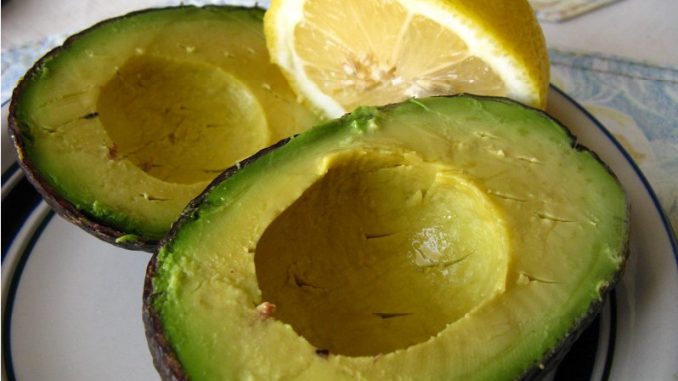
Mounting research suggests nutritional ketosis is the answer to a long list of health problems, starting with obesity. A ketogenic diet changes the metabolic engine of your body from burning carbohydrates to burning fats.
50-70% of your food intake should come from beneficial fats including organic pastured eggs, grass-pastured butter, coconut oil, and raw nuts such as macadamia nuts and pecans.
The carbs are very minimal, so in order to get energy, the body burns fat. This indicates that there is a little sugar in your system which blocks the body from utilizing fat in favor of burning sugar.
To force your body into this metabolic state is the end goal of a properly maintained keto diet. You will do this through starvation of carbohydrates, not through starvation of calories. Our body is very adaptive to what you put into it. When you take away carbohydrates and overload it with fats, it will start to burn ketones as the main energy source.
Health benefits of a ketogenic diet
Promote weight loss
Reducing the carbs intake is considered to be the most efficient way to lose extra weight. During a ketogenic diet, the body gets the most fats intake, a moderate amount of protein, and low amount of carbohydrates, and in this way, the body turns towards the ketone production from fat and makes it its primary energy source.
Protects your brain
The low-carb, high-fat way of eating has also been related to treating other neurological disorders. The Behavioral Pharmacology published a study which proved that ketogenic diet can be effective in reducing the symptoms of Alzheimer’s and Parkinson’s disease.
A study which included patients with Parkinson’s who followed a 4-to-1 ketogenic diet proved that only after 1 month there was 43% improvement in their symptoms.
It was also proven that ketogenic diet is beneficial for autism. According to one study, autistic children who followed a cyclical ketogenic diet for 6 months afterward experienced significant improvements.
Fights cancer
It is a fact that cancer cells love sugar! Sugar feeds tumors and encourages the growth of cancer. This is the reason why diet which does not contain sugar and other carbohydrates can help you to prevent or fight cancer. The regular cells in our bodies have the ability to use fat for energy, while cancer cells can’t metabolically change so they can use fat.
According to a study, published in Redox Biology, there were promising results for gastric, prostate, and colon cancers. Dr. Eugene Fine of the Albert Einstein College of Medicine explains that ketone is able to change the availability of energy processes in cancer cells, thus fighting cancer. Another study showed that an insulin-inhabiting diet is safe and feasible in selected patients who have advanced cancer. The ketosis extent, but not weight loss or calorie deficit, correlated with partial remission or stable disease.
Unfortunately, despite the well-known fact that cancer cells thrive on simple sugars, oncologists somehow forget to inform the patients about this! Instead, the patients are fed pastries and ice cream while going through IV chemotherapy. On the other hand, alternative cancer treatments are based on diets that exclude sugar and simple carbohydrates.
Ketogenic diet meal plan
- Healthy fats: Butter, coconut oil, olive oil, eggs, avocados, raw seeds, and nuts.
- Low carbohydrate vegetables: Kale, broccoli, cabbage, cauliflower, asparagus, spinach, celery, collard greens, Brussels sprouts.
- Protein sources: Fish and seafood, fermented dairy, wild game, grass-fed beef, grass-fed raw organic dairy, organic pastured poultry.
Source:
livingtraditionally.com